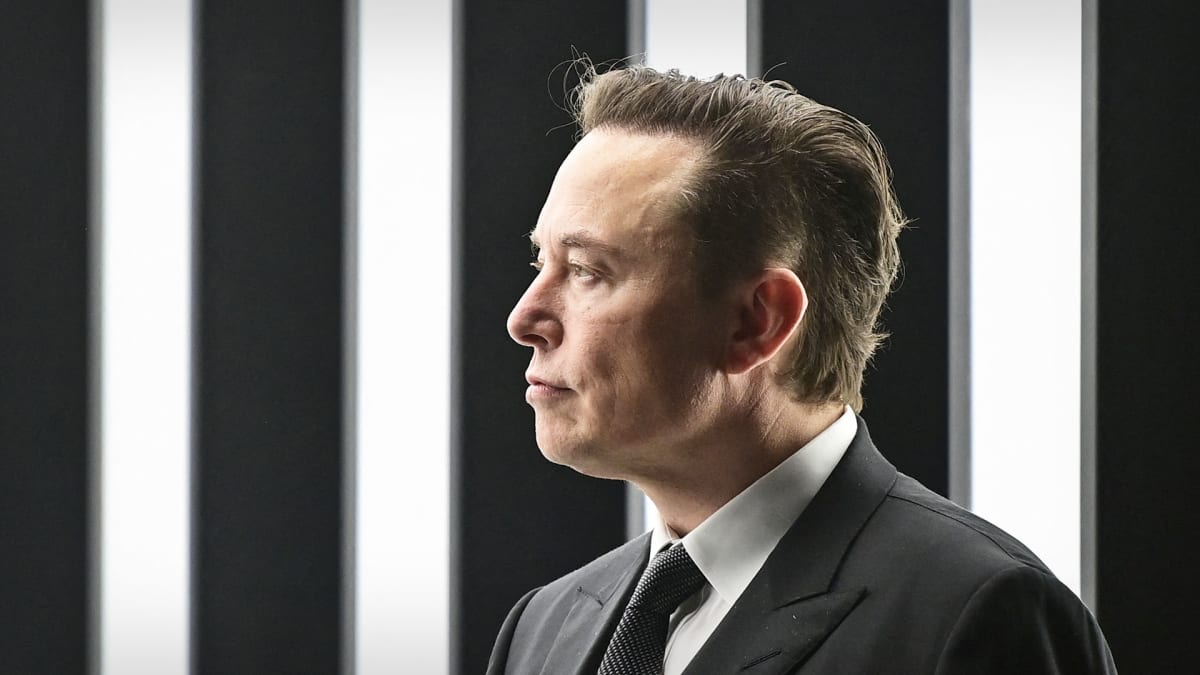
This is a problem investors and consumers could have done without, coming as it does when many questions about the health of the economy remain.
When massive waves of job cuts are ripping through the economy, many economists anticipate a recession. No one is sure whether such a downturn would be mild or deep.
Just one example of tech's response: Software giant Microsoft (MSFT) is the latest big companies to announce thousands of job cuts, around 10,000.
CEO Satya Nadella said the software giant was "seeing organizations in every industry and geography exercise caution as some parts of the world are in a recession and other parts are anticipating one."
As a result "we will align our cost structure with our revenue and where we see customer demand," the boss added.
Extra-Cautious Consumers; Risk-Avoiding Investors
In light of these comments and many more from Amazon, Alphabet, Apple, Meta Platforms and others, consumers have been extra cautious. Investors also are steering clear of risky assets, even as they hope the Federal Reserve will slow its aggressive rise in interest rates, which many economists say is penalizing economic activity.
Now comes another concern: The U.S. has hit the ceiling on its debt -- the hefty sum of $31.4 trillion -- and risks paralysis in the federal government.
The debt ceiling is the legal limit on the total amount of federal debt the government can accumulate. And a default would run the risk of plunging the country into an unprecedented economic crisis.
The hardline end of the new Republican majority in the House of Representatives is demanding lower public spending in exchange for raising the U.S debt ceiling.
Most of the time, raising the ceiling is a formality, voted for nearly 80 times since the 1960s. The debate has nothing to do with the economy because the U.S. debt is not worrying, even at 124% of GDP, according to economists.
But Republicans use the cap as a political tool to pressure the Biden administration to cut public spending in government programs like Medicare and Social Security.
The U.S. borrows astronomical sums of money by selling Treasury securities to investors worldwide and uses the funds to pay current financial obligations. This includes military salaries, social safety net benefits and interest on the national debt.
Unless Congress agree to raise the ceiling, extraordinary measures to circumvent the problem must be taken.
Yellen Warned That US Would Hit the Ceiling
Treasury Secretary Janet Yellen wrote a Jan. 19 letter to House Speaker Kevin McCarthy (R-California) proposing to prioritize the payment of certain financial obligations and drop others.
She said she would suspend new investments in the Civil Service Retirement and Disability Fund and the Postal Service Retiree Health Benefits Fund from Thursday until June 5, 2023.
"I respectfully urge Congress to act promptly to protect the full faith and credit of the United States," Yellen concluded.
But McCarthy's room for maneuver is limited because to become speaker he had to make concessions to the far right of the GOP, which has dug in on demands for deep cuts in public spending.
“You couldn’t just keep increasing it,” the speaker said on the Fox News Channel program “Fox News Sunday.”
“Let’s sit down and change our behavior for the good of America. Because what we’re going to do is bankrupt this country and bankrupt these entitlements if we don’t change their behavior today.”
The impasse thus worries many business leaders, like Elon Musk. The billionaire runs or is involved in at least five companies: Tesla (TSLA), SpaceX, Twitter, Neuralink and Boring Co. He has just made a proposal to Chuck Schumer (D-New York), the Senate majority leader.
"This is not complicated," the senator wrote on Jan. 19. "If the MAGA GOP stops paying our nation’s bills, Americans will be the ones to pay the price."
Musk commented, telling Schumer it would be "wise" to make concessions on the Democratic side as well. In particular, he proposed to Schumer that the Democrats accept trims in certain public programs.
"Trimming some government expenditures would be wise," the billionaire suggested, without specifying which federal programs he thought should see spending reductions.
Musk, who voted Republican for the first time last year, seems to be saying that both sides must make concessions. There is no other way out than a compromise on both sides, the executive says.
It is unclear whether the billionaire's call for reason will be heard on either side.


.png?w=600)




